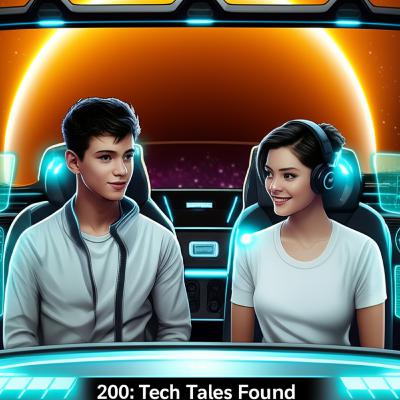When Oracle Killed OpenSolaris, a Community Fought Back with OpenIndiana
Description
This story traces the evolution of OpenIndiana, an open-source operating system born from the collapse of OpenSolaris after Oracle acquired Sun Microsystems in 2010. Originally developed by Sun as a powerful, reliable platform for enterprise computing, Solaris introduced groundbreaking technologies like ZFS—a self-healing file system that prevents data loss—and DTrace, a dynamic tracing tool for diagnosing system performance issues. In 2005, Sun embraced the open-source movement by launching OpenSolaris, inviting public collaboration under the CDDL license. However, Oracle’s acquisition shifted priorities toward proprietary control, leading to the discontinuation of OpenSolaris and a breakdown in community communication. In response, developers forked the last open version of the code, creating OpenIndiana in 2010 as a direct continuation of OpenSolaris’ mission. This act of defiance was supported by the broader illumos project, which replaced Oracle-dependent components with fully open-source alternatives, ensuring long-term independence. OpenIndiana preserved critical technologies like ZFS and DTrace, which continue to underpin reliable data systems in banking, healthcare, e-commerce, and city infrastructure. Though not widely used on consumer devices, its influence is profound in server environments where data integrity and uptime are paramount. The project remains active today, with regular updates through its rolling-release ’Hipster’ branch, maintained by a dedicated global community. Unlike Linux, which targets broad adoption, OpenIndiana focuses on niche, high-reliability server applications, positioning itself as the de facto open-source successor to Solaris. The emergence of OpenIndiana highlights the resilience of open-source communities when corporate interests threaten technological freedom. It underscores the importance of transparency, collaborative development, and the ethical imperative to keep foundational technologies accessible. This case exemplifies the ongoing tension between proprietary control and open innovation, demonstrating how community-driven projects can safeguard critical tools against commercialization. The legacy of OpenIndiana is not just in its code, but in its embodiment of the open-source ethos—proving that when one door closes, a determined community can build a new one, stronger and more inclusive. Its continued existence ensures that the innovations pioneered by Solaris remain available for future generations of developers and organizations that depend on rock-solid, transparent, and secure computing systems.





